
Getting older sneaks up on you. One day you’re jumping out of bed without thinking, the next you’re grunting just to tie your shoes. Things creak. Energy dips. But aging isn’t the problem—it’s how we take care of ourselves along the way. You don’t need to chase youth, just hold on to what keeps you steady: strength, balance, and the ability to enjoy your life without feeling like your body’s working against you.
Move your body every single day.
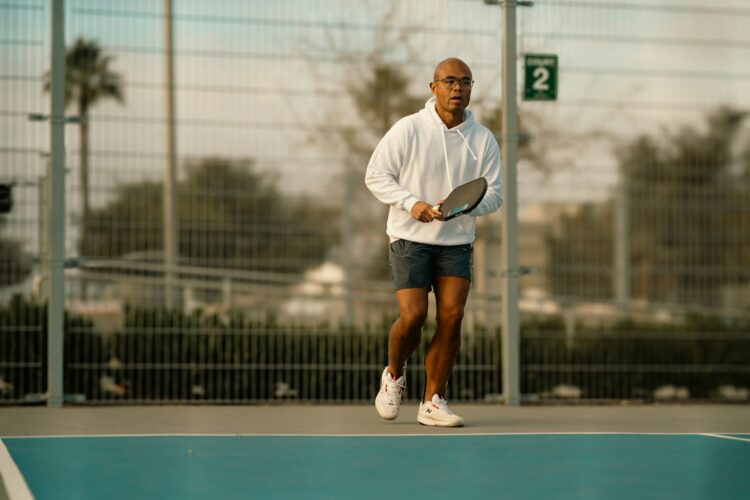
It doesn’t have to be intense. A walk, some stretching, or light yoga will do. The goal is consistency, not performance. Daily movement keeps your joints flexible, supports circulation, and lifts your mood. When you stop moving, everything else starts slipping faster than you’d expect. A few minutes a day is better than hours once a week.
Lift things (including your own weight).
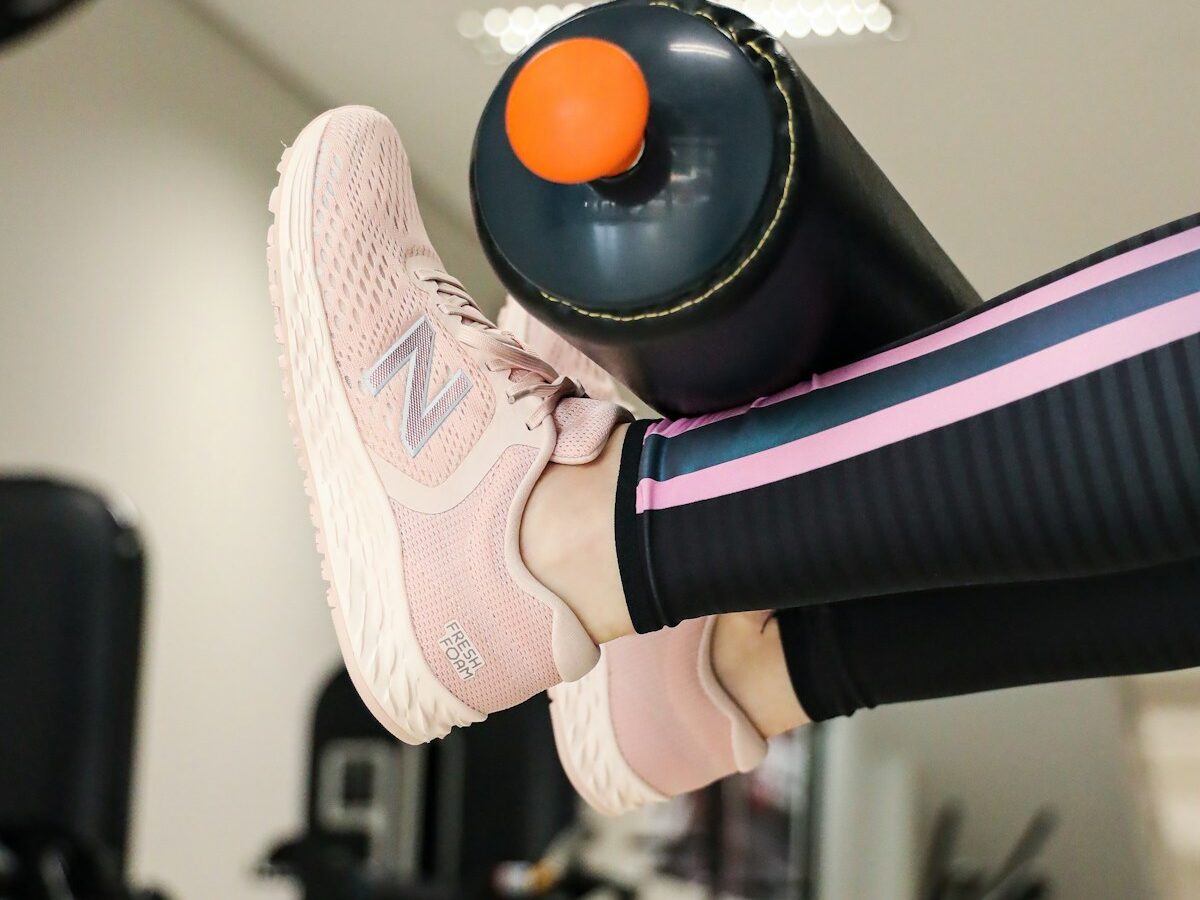
Strength training isn’t just for gym rats. As you age, muscle mass naturally declines, and that leads to weakness, imbalance, and falls. You don’t need a barbell—just some resistance bands or bodyweight moves can make a huge difference. Think push-ups against a wall, squats to a chair, or carrying grocery bags with intention. Strength builds confidence and long-term independence.
Prioritize sleep like your health depends on it.

Because it does. Poor sleep affects your heart, immune system, metabolism, and even memory. Aging bodies don’t bounce back from sleep deprivation the way younger ones do. If you’re waking up groggy or needing naps to function, something’s off. Create a quiet, dark room, stick to a routine, and cut screens at least an hour before bed. Your body repairs itself at night—let it.
Don’t skip protein.

Muscle loss accelerates with age, and without enough protein, your body can’t maintain what it has. This isn’t about chugging protein shakes, but more about adding a good source to every meal. Eggs, beans, chicken, lentils, yogurt—pick what suits you. It’s not just for bodybuilders; it’s for staying strong enough to get out of bed without struggle at 80.
Stretch more than you think you need to.

It’s easy to ignore stretching when you’re younger, but the consequences of tight muscles catch up fast with age. Regular stretching keeps you mobile and reduces the risk of injury. Focus on hips, back, and shoulders—places that stiffen up with time. Even ten minutes in the morning can help you stand taller and move easier throughout the day.
Get your heart rate up.
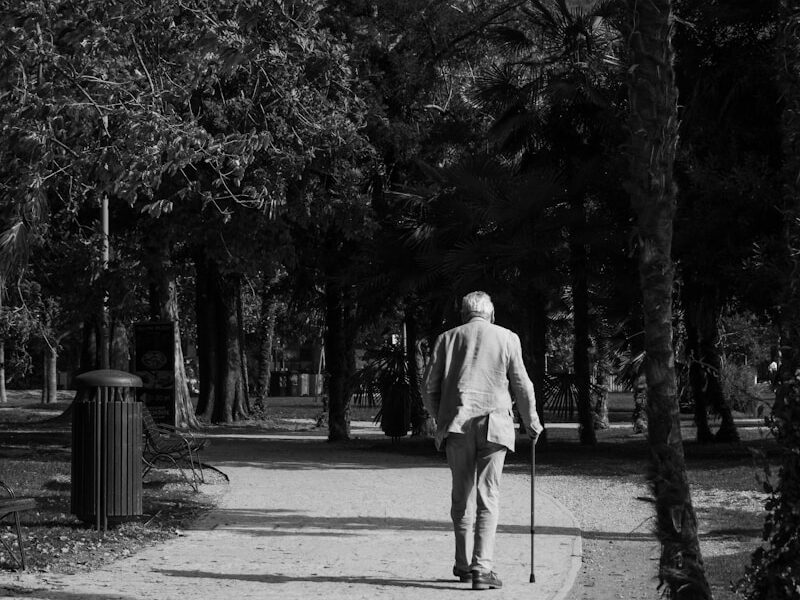
You don’t need to run marathons, but your heart still needs to be challenged. Brisk walks, cycling, swimming, or dancing all count. The point is to feel slightly out of breath—in a good way. Cardiovascular health is tied to brain function, energy, and overall longevity. If you want to stay sharp and active, don’t let your heart coast through the day.
Hydrate before you’re thirsty.

As you age, your sense of thirst dulls. That means dehydration can sneak up without warning, and it affects everything—energy, digestion, even mental clarity. Keep water nearby and sip often. Herbal teas, broths, or even fruit with high water content can help. If your lips feel dry or your energy dips, you’re probably already behind.
Protect your bones every day.
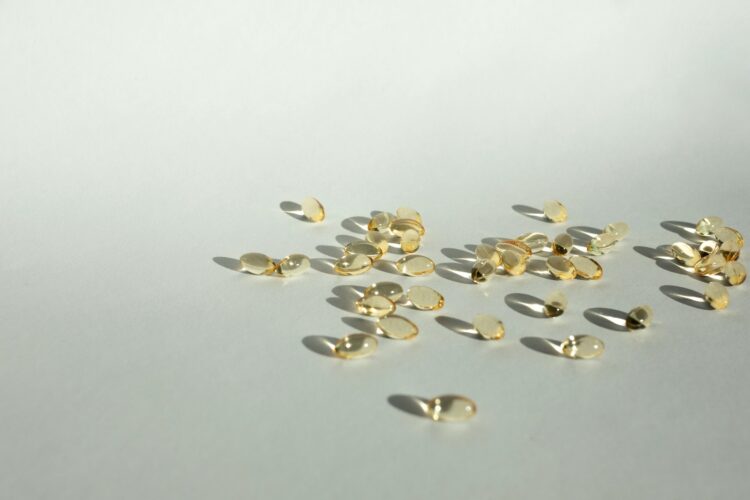
Bone density drops as you age, especially for women. Simple things can help—calcium-rich foods, vitamin D from sunlight or supplements, and weight-bearing activity like walking or climbing stairs. Falling isn’t always the problem—weak bones are. So, if you want to stay upright and independent, bone health should be non-negotiable.
Keep your stress in check.
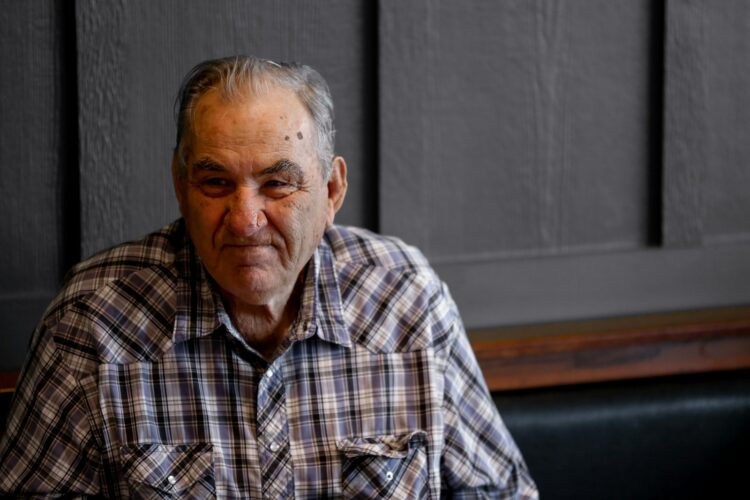
Stress doesn’t just fade with age—it lingers in the body. Chronic tension contributes to inflammation, heart issues, weight gain, and poor sleep. You can’t eliminate all stress, but you can manage it better. Try breathing exercises, time outdoors, journaling, or talking with a friend. Your body will thank you for every ounce of peace you protect.
Keep your brain engaged.
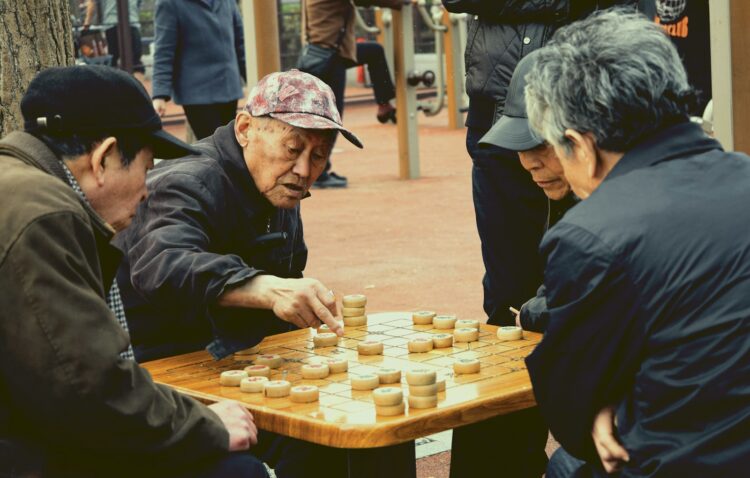
Just like your muscles, your brain needs exercise. Learning something new, playing strategy games, or reading every day can keep your mind sharp. It’s not about being a genius—it’s about maintaining mental agility. If you do the same things every day, your brain starts to slow. Challenge it. Teach it something. Keep it moving.
Limit ultra-processed foods.

Your body doesn’t process junk food as easily as it used to. Sugary snacks, processed meats, and salty packaged foods take a toll over time. They spike inflammation, raise blood pressure, and leave you sluggish. You don’t have to be perfect—just aim for more whole foods. Think fruits, vegetables, grains, and lean protein. Less packaging usually means more nutrition.
Don’t ignore those regular checkups.

When nothing hurts, it’s easy to think you’re in the clear. But in reality the stuff that catches people off guard usually starts quiet. That’s why routine checkups matter—physical exams, eye tests, even those annoying screenings you’d rather put off. They’re not just boxes to check. They give you a shot at catching something early, before it turns into a big deal. A few hours a year can save you a whole lot later.
Keep close connections alive.

Loneliness isn’t just sad, but also dangerous. It’s tied to increased risk of heart disease, cognitive decline, and depression. As you get older, friendships take more effort, but they matter more than ever. Call someone, join a group, volunteer, or reconnect with someone you miss. The health of your heart is emotional too.
Treat pain early, not later.

That nagging shoulder, aching hip, and recurring headache? Don’t wait until it gets unbearable. Address small pains early so they don’t become chronic issues. Physical therapy, rest, or even simple stretches can work wonders. Listening to your body is a form of respect—and it’s what keeps you functional in the long run.
Stay curious and keep growing.
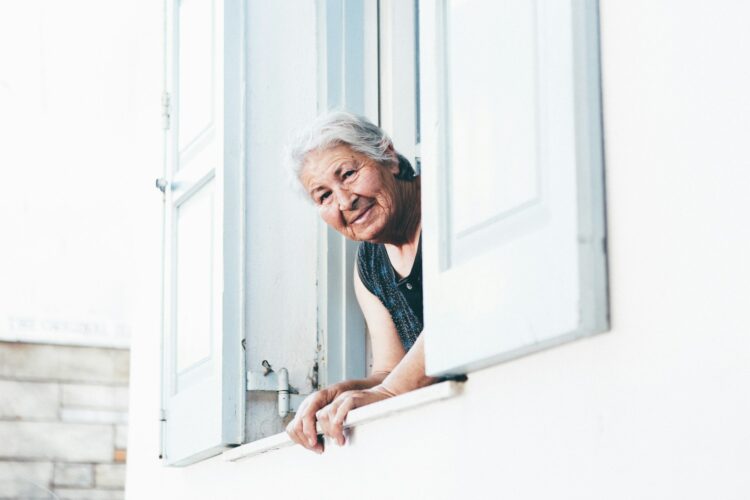
You don’t have to slow down just because you’re getting older. In fact, the people who stay sharp usually have one thing in common—they keep learning. Try painting, plant a garden, take a class, start something you’ve always been curious about. It doesn’t have to be impressive. It just has to be new. That spark you feel when you’re learning? That’s what keeps you young in all the ways that count.

